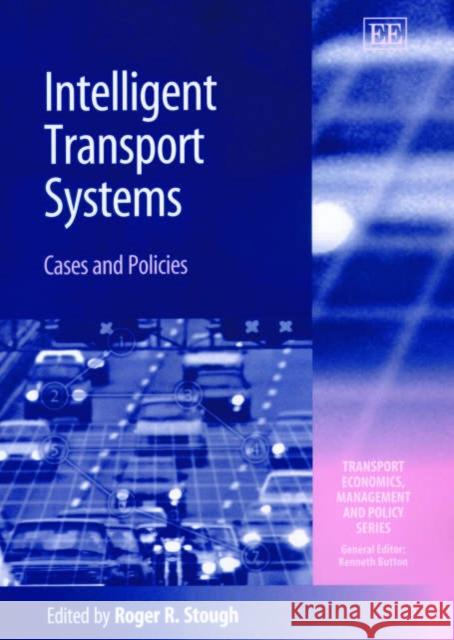Intelligent Transport Systems: Cases and Policies » książka
Intelligent Transport Systems: Cases and Policies
ISBN-13: 9781840644470 / Angielski / Twarda / 2001 / 240 str.
Intelligent Transport Systems (ITS) are expected to add considerable productivity to existing transportation infrastructure and to therefore partially reduce the need for more physical infrastructure such as additional lanes of roadway. But there are huge barriers to achieving this vision ranging from the technical to the institutional. In this work a new outcome-orientated methodology is developed and applied to a diverse set of ITS case studies in an effort to gain insight into the barriers to deployment. The case studies, mostly from the National Capital Region (Washington) in the USA, include but are not limited to evaluation of electronic tolling, truck roll over warning systems, Advanced Traffic Information Systems (ATIS), variable message signs (VMS), ITS enhanced emergency management systems and ITS bridge operations. The evaluation methodology bears similarity to the benefit/cost balance sheet approach. Full cost (benefit) assessment is adopted with multiple externalities (environment, economic development, social equity issues and so on) formally included in each of the individual evaluations.











